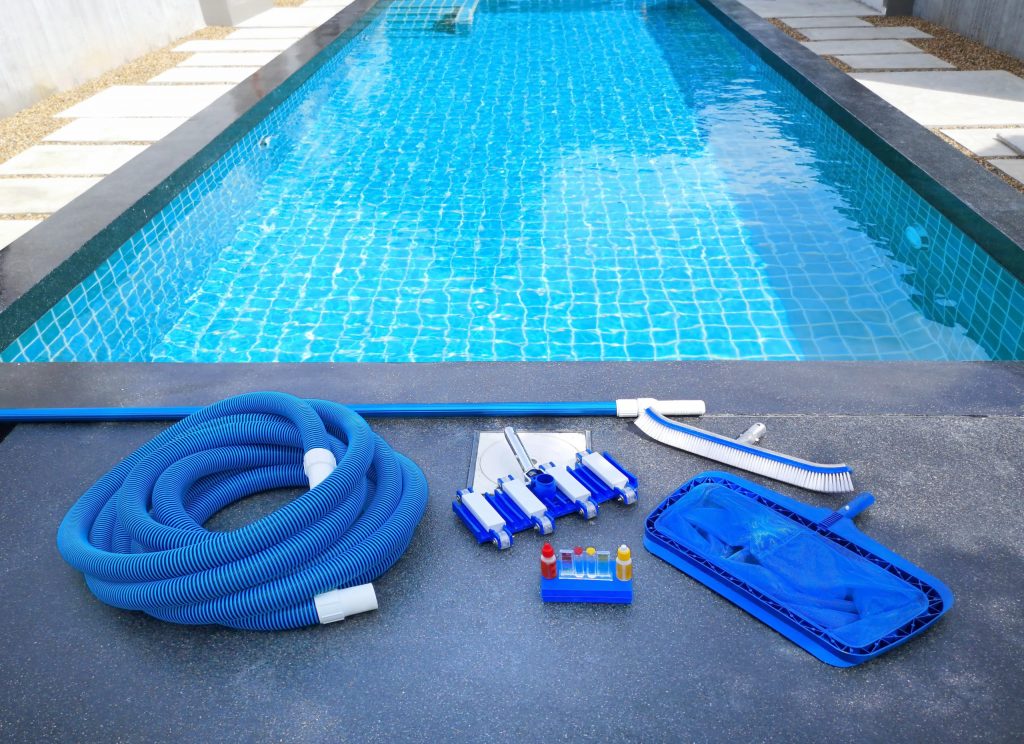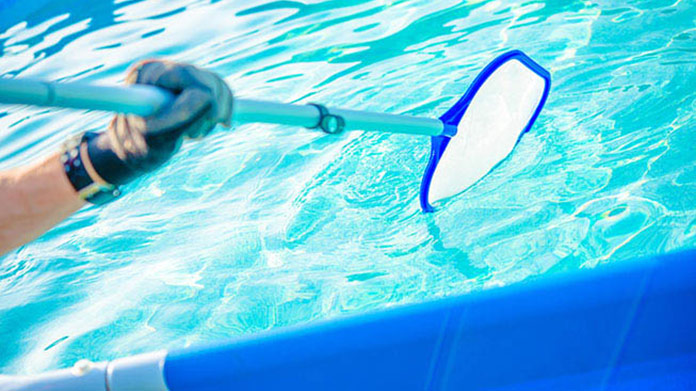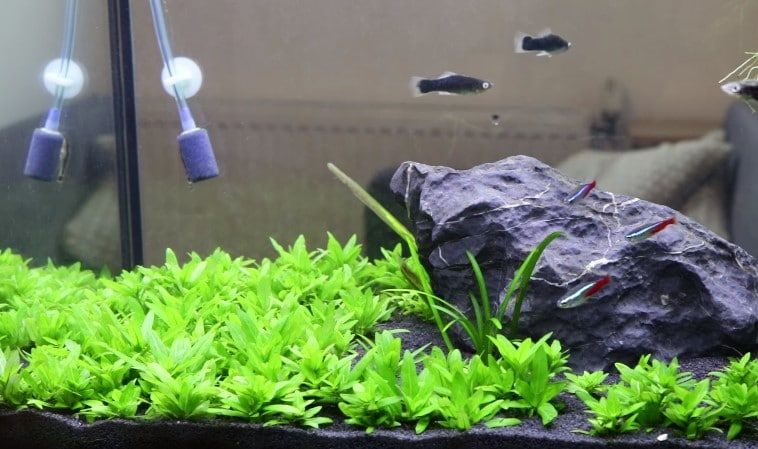Children are the most common victims of swimming in water diseases. However, these types of problems can affect swimmers of all ages.
The water must have been tested (either by you or by your pool service technician) at least once a week during the off-season. As long as all of these readings are normal, or if you adjust the chemicals as needed, your water is ready to go. Now, these pool service information tips will help you ensure your swimming water is safe this season:

1) Test the water at least three times a week during the swimming season. Weekly exams are no longer enough. Every time people swim, the chemistry of the water can change. Even if no one has used the pool for a day or two, it is important to test frequently. If the test indicates that your levels are low, add the necessary chemicals to restore the correct balance.
You may have a contract with Swimming Pool Services provider. If so, a technician will inspect it during each visit. However, it would be best if you had the checks on your own between those visits.
2) Do not allow swimmers to return if their water tests are bad. It can be hard to turn it down, especially on a hot summer day. However, it would be best to give the water time to settle after a very low or high reading. Otherwise, you can invite parasites and thus spread disease.
The basic rule is to close the pool for 24 hours. Then test the water again. If your levels are still low, add chemicals and wait again.

Tip: Pool service professionals recommend adding your chemicals at night. During hot days, like water, they are subject to evaporation. You will get more if you wait for the heat to cool down.
You can usually correct the problem yourself within 24 to 48 hours. However, if the problem persists for more than 48 hours, you should contact a professional swimming pool service for a diagnosis.
3) Teach young children not to swallow water for swimming. Babies, especially infants and young children, are vulnerable to this. Unfortunately, they are more susceptible to waterborne diseases. Babies and young children died from ingesting organisms in the swimming water.
You may find it helpful to take a parenting swimming class with your little one. If you can “find such a class, organize a private lesson. A trained lifeguard will teach you the correct way to put your child in the water. You will learn how your child gets used to submerging without swallowing anything.”
4) Check the drain caps regularly. Replace broken ones immediately. Pool drains have enough suction to pull small arms and legs and even long hair. Children and even adults are known to deal with sewer suction and drownings. If you have pool service, have a technician inspect your drains.















